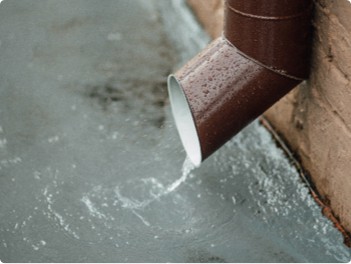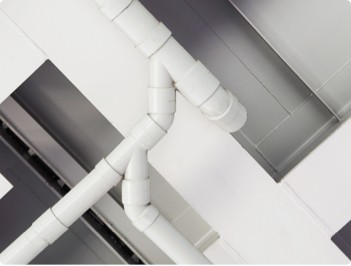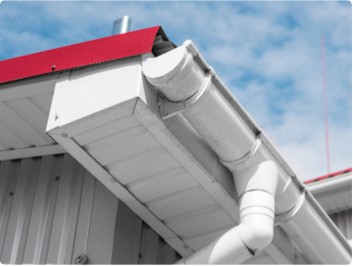PVC is most frequently made from salt (57%) and oil (43%), however in some regions of the world PVC is made without using oil feedstock at all (substituting oil-derived hydrocarbon with bio-derived hydrocarbon feedstock).
Read More




 +44(0) 1978 799550enquiries@ecovyn.co.uk
+44(0) 1978 799550enquiries@ecovyn.co.uk